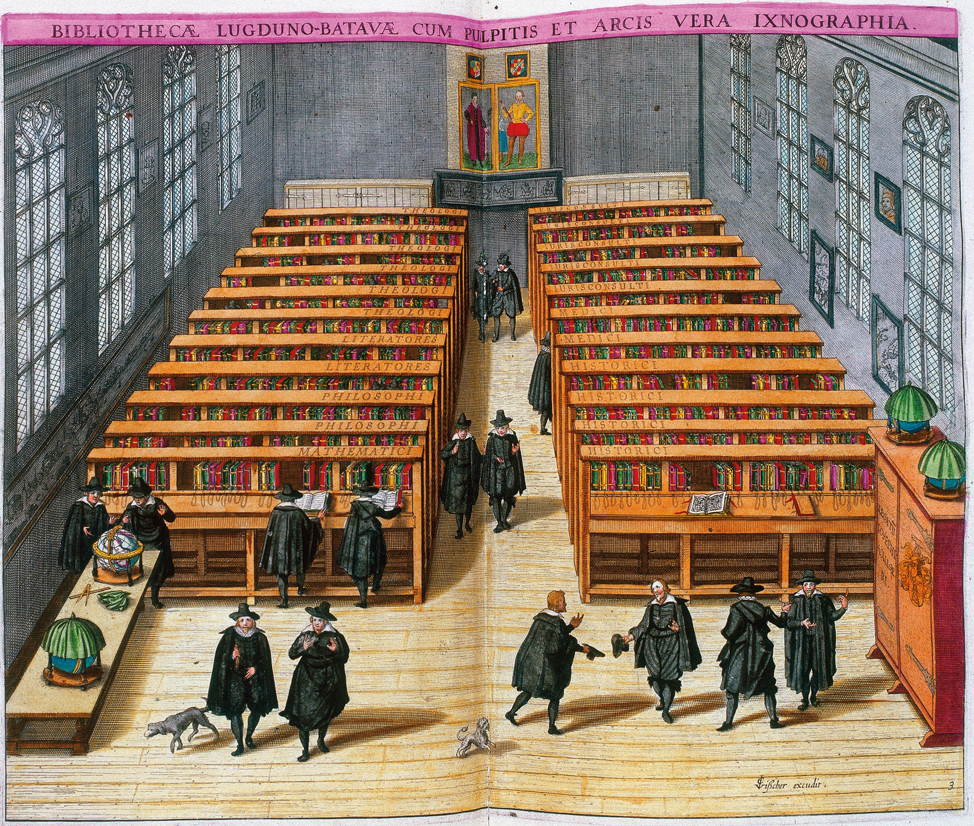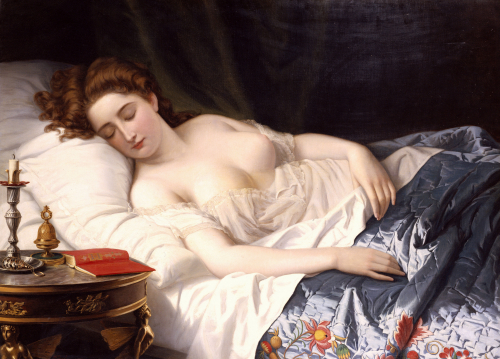|
Thomas Underdown
Thomas Underdown, also spelled Underdowne ('' fl.'' 1566 - 1577), was a translator. He translated the '' Æthiopian History'' of Heliodorus in 1569, and the ''Ibis'' of Ovid (1577). The ''Æthiopian History'' has been called "the ancestor in a direct line of the Novel of Adventure," and praised for anticipating every artifice of the historical novel. Underdown was an advocate for literature as a moral instrument, saying that the ''Æthiopian History'' was superior as an action story because people are punished for their misdeeds. By contrast, chivalric romance permitted pointless murder and "unlawful lust." The first (1569) edition of Underdown's translation was dedicated to Edward de Vere, 17th Earl of Oxford. The book went on to exercise a widespread influence on Elizabethan drama and prose romance. In 1587, the year of the 2nd or 3rd edition, anti-theatrical propagandist Stephen Gosson remarked that Underdown's book had "beene thoroughly ransackt, to furnish the Playehouses in ... [...More Info...] [...Related Items...] OR: [Wikipedia] [Google] [Baidu] |
Floruit
''Floruit'' (; abbreviated fl. or occasionally flor.; from Latin for "they flourished") denotes a date or period during which a person was known to have been alive or active. In English, the unabbreviated word may also be used as a noun indicating the time when someone flourished. Etymology and use la, flōruit is the third-person singular perfect active indicative of the Latin verb ', ' "to bloom, flower, or flourish", from the noun ', ', "flower". Broadly, the term is employed in reference to the peak of activity for a person or movement. More specifically, it often is used in genealogy and historical writing when a person's birth or death dates are unknown, but some other evidence exists that indicates when they were alive. For example, if there are wills attested by John Jones in 1204, and 1229, and a record of his marriage in 1197, a record concerning him might be written as "John Jones (fl. 1197–1229)". The term is often used in art history when dating the career ... [...More Info...] [...Related Items...] OR: [Wikipedia] [Google] [Baidu] |
Winter's Tale
''The Winter's Tale'' is a play by William Shakespeare originally published in the First Folio of 1623. Although it was grouped among the comedies, many modern editors have relabelled the play as one of Shakespeare's late romances. Some critics consider it to be one of Shakespeare's "Problem plays (Shakespeare), problem plays" because the first three acts are filled with intense psychological drama, while the last two acts are comic and supply a happy ending. The play has been intermittently popular, revived in productions in various forms and adaptations by some of the leading theatre practitioners in Shakespeare's plays#Performance history, Shakespearean performance history, beginning after a long interval with David Garrick in his adaptation ''Florizel and Perdita'' (first performed in 1753 and published in 1756). ''The Winter's Tale'' was revived again in the 19th century, when the fourth "pastoral" act was widely popular. In the second half of the 20th century, ''The Wint ... [...More Info...] [...Related Items...] OR: [Wikipedia] [Google] [Baidu] |
16th-century Translators
The 16th century begins with the Julian year 1501 ( MDI) and ends with either the Julian or the Gregorian year 1600 ( MDC) (depending on the reckoning used; the Gregorian calendar introduced a lapse of 10 days in October 1582). The 16th century is regarded by historians as the century which saw the rise of Western civilization and the Islamic gunpowder empires. The Renaissance in Italy and Europe saw the emergence of important artists, authors and scientists, and led to the foundation of important subjects which include accounting and political science. Copernicus proposed the heliocentric universe, which was met with strong resistance, and Tycho Brahe refuted the theory of celestial spheres through observational measurement of the 1572 appearance of a Milky Way supernova. These events directly challenged the long-held notion of an immutable universe supported by Ptolemy and Aristotle, and led to major revolutions in astronomy and science. Galileo Galilei became a champion o ... [...More Info...] [...Related Items...] OR: [Wikipedia] [Google] [Baidu] |
1587 Deaths
Events January–June * February 1 – Queen Elizabeth I of England signs the death warrant of her cousin Mary, Queen of Scots, after Mary has been implicated in a plot to murder Elizabeth. Seven days later, on the orders of Elizabeth's privy council, Mary is beheaded at Fotheringhay Castle. * February 12– 24 – Period of exceptionally severe cold in western Europe. * April 29 – ''Singeing the King of Spain's Beard'': On an expedition against Spain, English privateer Sir Francis Drake leads a raid in the Bay of Cádiz, sinking at least 23 ships of the Spanish fleet. * May 19 – John Davis sets out from Dartmouth, Devon, for a third attempt to find the Northwest Passage. July–December * July 22 – Roanoke Colony: A group of English settlers arrive on Roanoke Island off North Carolina, to re-establish the deserted colony. * August 18 – According to legend, Saul Wahl is named king of Poland; he is deposed the following day. * ... [...More Info...] [...Related Items...] OR: [Wikipedia] [Google] [Baidu] |
Cymbeline
''Cymbeline'' , also known as ''The Tragedie of Cymbeline'' or ''Cymbeline, King of Britain'', is a play by William Shakespeare set in British Iron Age, Ancient Britain () and based on legends that formed part of the Matter of Britain concerning the early Celtic British King Cunobeline. Although it is listed as a tragedy in the First Folio, modern critics often classify ''Cymbeline'' as a Shakespeare's late romances, romance or even a Shakespearean comedy, comedy. Like ''Othello'' and ''The Winter's Tale'', it deals with the themes of innocence and jealousy. While the precise date of composition remains unknown, the play was certainly produced as early as 1611. Characters ;In Britain * Cymbeline – Modelled on the historical King of Britain, Cunobeline, and father to Imogen * Queen – Cymbeline's second wife and mother to Cloten * Imogen (Cymbeline), Imogen/Innogen – Cymbeline's daughter by a former queen, later disguised as the page Fidele * Posthumus Leonatus – Innoge ... [...More Info...] [...Related Items...] OR: [Wikipedia] [Google] [Baidu] |
Moses Hadas
Moses Hadas (June 25, 1900, Atlanta, Georgia – August 17, 1966) was an American teacher, a classical scholar, and a translator of numerous works from Greek, Hebrew, Latin, and German. Life Raised in Atlanta in a Yiddish-speaking Orthodox Jewish household, his early studies included rabbinical training. He graduated from Jewish Theological Seminary of America (1926) and took his doctorate in classics in 1930. He was fluent in Yiddish, German, ancient Hebrew, ancient Greek, Latin, French, and Italian, and well-versed in other languages. His most productive years were spent at Columbia University, where he was a colleague of Jacques Barzun and Lionel Trilling. There he bucked the prevailing classical methods of the day—textual criticism and grammar—presenting classics, even in translation, as worthy of study as literary works in their own right. He embraced television as a tool for education, becoming a telelecturer and a pundit on broadcast television. He also ... [...More Info...] [...Related Items...] OR: [Wikipedia] [Google] [Baidu] |
Countess Of Pembroke's Arcadia
''The Countess of Pembroke's Arcadia'', also known simply as the ''Arcadia'', is a long prose pastoral romance by Sir Philip Sidney written towards the end of the 16th century. Having finished one version of his text, Sidney later significantly expanded and revised his work. Scholars today often refer to these two major versions as the ''Old Arcadia'' and the ''New Arcadia''. The ''Arcadia'' is Sidney's most ambitious literary work by far, and as significant in its own way as his sonnets. Composition and publication Sidney's ''Arcadia'' has a history that is unusually complex even for its time. The ''Old Arcadia'' Sidney may have begun an early draft in the late 1570s, when he was in his twenties. His own comments indicate that his purpose was humble; he asserts that he intended only to entertain his sister, Mary Herbert, from 1577 Countess of Pembroke. This version is narrated in chronological order, with sets of poems separating the books from each other. It seems likely th ... [...More Info...] [...Related Items...] OR: [Wikipedia] [Google] [Baidu] |
Phillip Sidney
Philip, also Phillip, is a male given name, derived from the Greek (''Philippos'', lit. "horse-loving" or "fond of horses"), from a compound of (''philos'', "dear", "loved", "loving") and (''hippos'', "horse"). Prominent Philips who popularized the name include kings of Macedonia and one of the apostles of early Christianity. ''Philip'' has many alternative spellings. One derivation often used as a surname is Phillips. It was also found during ancient Greek times with two Ps as Philippides and Philippos. It has many diminutive (or even hypocoristic) forms including Phil, Philly, Lip, Pip, Pep or Peps. There are also feminine forms such as Philippine and Philippa. Antiquity Kings of Macedon * Philip I of Macedon * Philip II of Macedon, father of Alexander the Great * Philip III of Macedon, half-brother of Alexander the Great * Philip IV of Macedon * Philip V of Macedon New Testament * Philip the Apostle * Philip the Evangelist Others * Philippus of Croton (c. 6th centur ... [...More Info...] [...Related Items...] OR: [Wikipedia] [Google] [Baidu] |
William Shakespeare
William Shakespeare ( 26 April 1564 – 23 April 1616) was an English playwright, poet and actor. He is widely regarded as the greatest writer in the English language and the world's pre-eminent dramatist. He is often called England's national poet and the " Bard of Avon" (or simply "the Bard"). His extant works, including collaborations, consist of some 39 plays, 154 sonnets, three long narrative poems, and a few other verses, some of uncertain authorship. His plays have been translated into every major living language and are performed more often than those of any other playwright. He remains arguably the most influential writer in the English language, and his works continue to be studied and reinterpreted. Shakespeare was born and raised in Stratford-upon-Avon, Warwickshire. At the age of 18, he married Anne Hathaway, with whom he had three children: Susanna, and twins Hamnet and Judith. Sometime between 1585 and 1592, he began a successful career in London as an ... [...More Info...] [...Related Items...] OR: [Wikipedia] [Google] [Baidu] |
Translator
Translation is the communication of the Meaning (linguistic), meaning of a #Source and target languages, source-language text by means of an Dynamic and formal equivalence, equivalent #Source and target languages, target-language text. The English language draws a terminology, terminological distinction (which does not exist in every language) between ''translating'' (a written text) and ''Language interpretation, interpreting'' (oral or Sign language, signed communication between users of different languages); under this distinction, translation can begin only after the appearance of writing within a language community. A translator always risks inadvertently introducing source-language words, grammar, or syntax into the target-language rendering. On the other hand, such "spill-overs" have sometimes imported useful source-language calques and loanwords that have enriched target languages. Translators, including early translators of sacred texts, have helped shape the very l ... [...More Info...] [...Related Items...] OR: [Wikipedia] [Google] [Baidu] |





